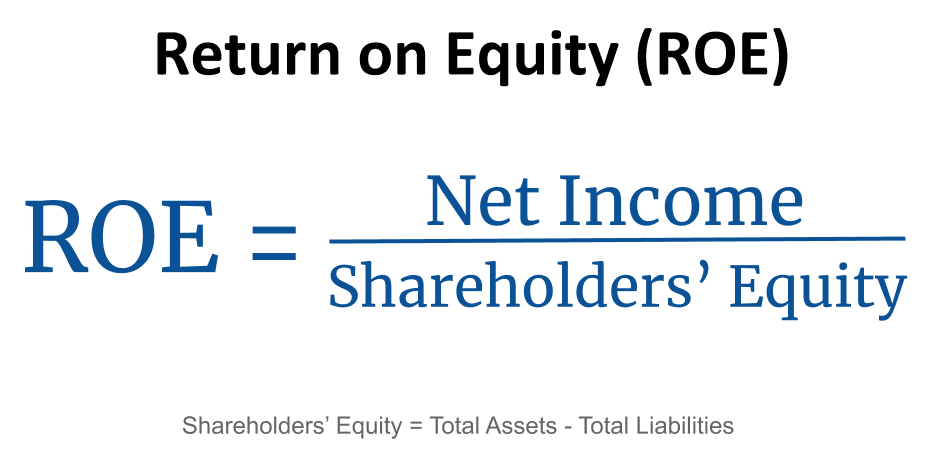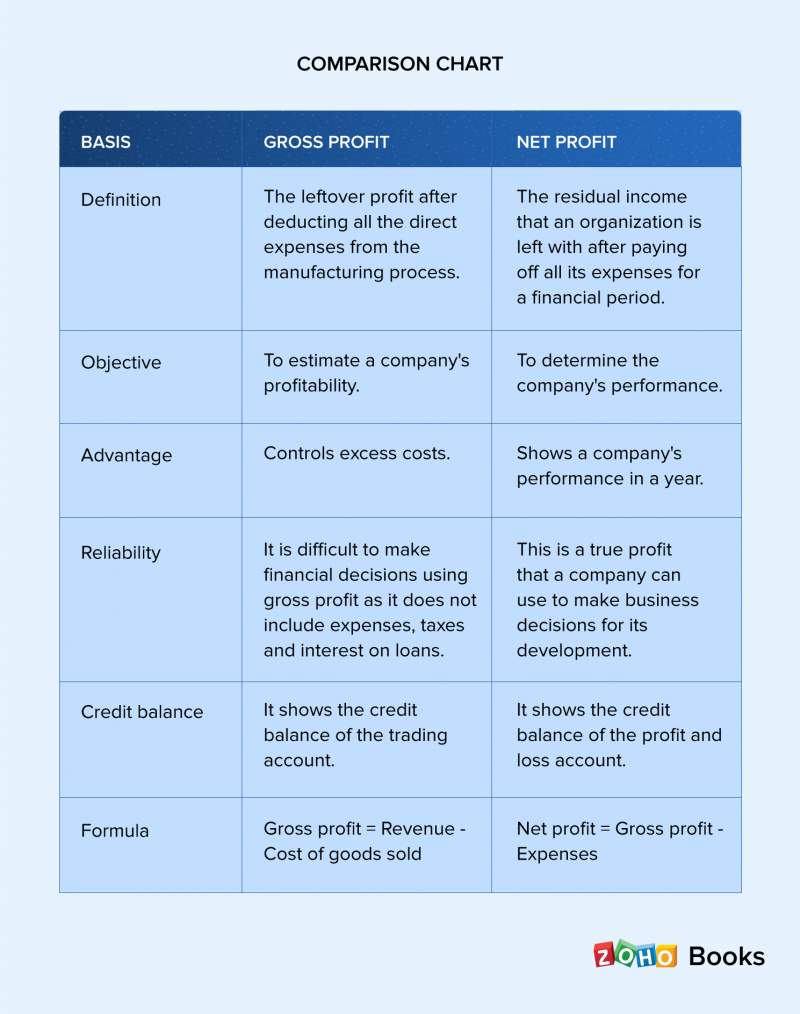50ac COMMERCIAL LAND. One flooring, no neighbors on top. This is a peaceful neighborhood nestled in the heart of North-Central Florida. Owner financing venice florida 2 bed room 2 bath villa home Cape Coral, Lee County, FL HOME ID: A4445-- Call Meghan: 239-963-HOME( 4663) CENTURY 21 Birchwood Realty Text 239-963-HOME( 4663) seller funding available!. Delight in the Future of Real Estate with control panel control and expert support.
Last Updated: July 16, 2019 There are lots of advantages to an owner funding offer when buying a house. Both the buyer and seller can take advantage of the offer. But there is a particular process to owner financing, together with essential factors to consider. You should start by hiring people who can assist you, such as an appraiser, Residential Home loan Begetter, and lawyer (How to finance a house flip).
Seller funding can be a helpful tool in a tight credit market. It allows sellers to move a house faster and get a large return on the financial investment. And buyers may gain from less rigid qualifying and deposit requirements, more versatile rates, and much better loan terms on a house that otherwise may be out of reach. Sellers going to take on the function of financier represent only a little fraction of all sellers-- generally less than 10%. That's because the offer is not without legal, financial, and logistical difficulties. But by taking the ideal preventative measures and getting professional aid, sellers can minimize the intrinsic threats.
Instead of offering cash to the buyer, the seller extends enough credit to the buyer for the purchase price of the home, minus any deposit. The buyer and seller sign a promissory note (which includes the terms of the loan). They record a mortgage (or "deed of trust" in some states) with the regional public records authority. Then the purchaser pays back the loan gradually, typically with interest. These loans are frequently short-term-- for example, amortized over 30 years but with a balloon payment due in 5 years. The theory is that, within a couple of years, the home will have gained enough in worth or the buyers' monetary scenario will have enhanced enough that they can re-finance with a standard lender.
In addition, sellers do not wish to be exposed to the dangers of extending credit longer than essential. A seller remains in the very best position to offer a seller funding offer when the house is complimentary and clear of a mortgage-- that is, when the seller's own mortgage is paid off or can, at least, be paid off utilizing the purchaser's deposit. If the seller still has a substantial home loan on the property, the seller's existing lender needs to accept the deal. In a tight credit market, risk-averse lenders are seldom going to handle that additional danger. Here's a peek at a few of the most common types of seller funding.

In today's market, lenders are reluctant to finance more than 80% of a home's worth. Sellers https://metro.newschannelnebraska.com/story/43143561/wesley-financial-group-responds-to-legitimacy-accusations can https://lifestyle.mykmlk.com/story/43143561/wesley-financial-group-responds-to-legitimacy-accusations potentially extend credit to buyers to comprise the difference: The seller can carry a second or "junior" home loan for the balance of the purchase cost, less any deposit. In this case, the seller immediately gets the proceeds from the very first mortgage from the buyer's very first mortgage loan provider. However, the seller's danger in bring a 2nd mortgage is that he or she accepts a lower concern should the borrower default. In a foreclosure or repossession, the seller's 2nd, or junior, home loan is paid only after the first home loan lending institution is settled and only if there suffice earnings from the sale.
Getting The Which Results Are More Likely For Someone Without Personal Finance Skills? Select Three Options. To Work
Land contracts do not pass title to the purchaser, but give the buyer "fair title," a momentarily shared ownership. The purchaser makes payments to the seller and, after the last payment, the buyer gets the deed. The seller leases the home to the buyer for a contracted term, like a common rental-- other than that the seller likewise agrees, in return for an upfront fee, to offer the property to the purchaser within some specified time in the future, at agreed-upon terms (potentially including rate). Some or all of the rental payments can be credited versus the purchase price. Numerous variations exist on lease choices.
Some FHA and VA loans, along with traditional adjustable home mortgage rate (ARM) loans, are assumable-- with the bank's approval - Accounting vs finance which is harder. Both the buyer and seller will likely require an lawyer or a property agent-- maybe both-- or some other certified expert skilled in seller funding and house deals to write the contract for the sale of the residential or commercial property, the promissory note, and any other required documentation. In addition, reporting and paying taxes on a seller-financed deal can be made complex. The seller might require a financial or tax specialist to supply advice and assistance. Numerous sellers are reluctant to finance a mortgage due to the fact that they fear that the buyer will default (that is, not make the loan payments).
A great expert can assist the seller do the following: The seller ought to insist that the purchaser finish a comprehensive loan application kind, and thoroughly validate all of the info the purchaser provides there. That consists of running a credit check and vetting employment, properties, financial claims, referrals, and other background details and paperwork. The written sales agreement-- which defines the terms of the deal along with the loan amount, interest rate, and term-- ought to be made contingent upon the seller's approval of the purchaser's financial circumstance. The loan needs to be protected by the residential or commercial property so the seller (lender) can foreclose if the purchaser defaults.
Institutional lending institutions request for down payments to offer themselves a cushion versus the threat of losing the financial investment. It likewise provides the purchaser a stake in the home and makes them less likely to stroll away at the very first sign of financial difficulty. Sellers ought to do also and gather at least 10% of the purchase rate. Otherwise, in a soft and falling market, foreclosure could leave the seller with a house that can't be offered to cover all the expenses. Similar to a conventional home mortgage, seller financing is negotiable. To come up with an interest rate, compare current rates that are Find out more not specific to specific loan providers.
Bank, Rate.com and www. HSH.com-- check for daily and weekly rates in the location of the home, not nationwide rates. Be prepared to use a competitive rate of interest, low preliminary payments, and other concessions to tempt purchasers. Since sellers typically don't charge purchasers points (each point is 1% of the loan amount), commissions, yield spread premiums, or other mortgage expenses, they typically can manage to offer a purchaser a better funding deal than the bank. They can also provide less rigid qualifying requirements and down payment allowances. That doesn't suggest the seller must or must acquiesce a buyer's every impulse.
